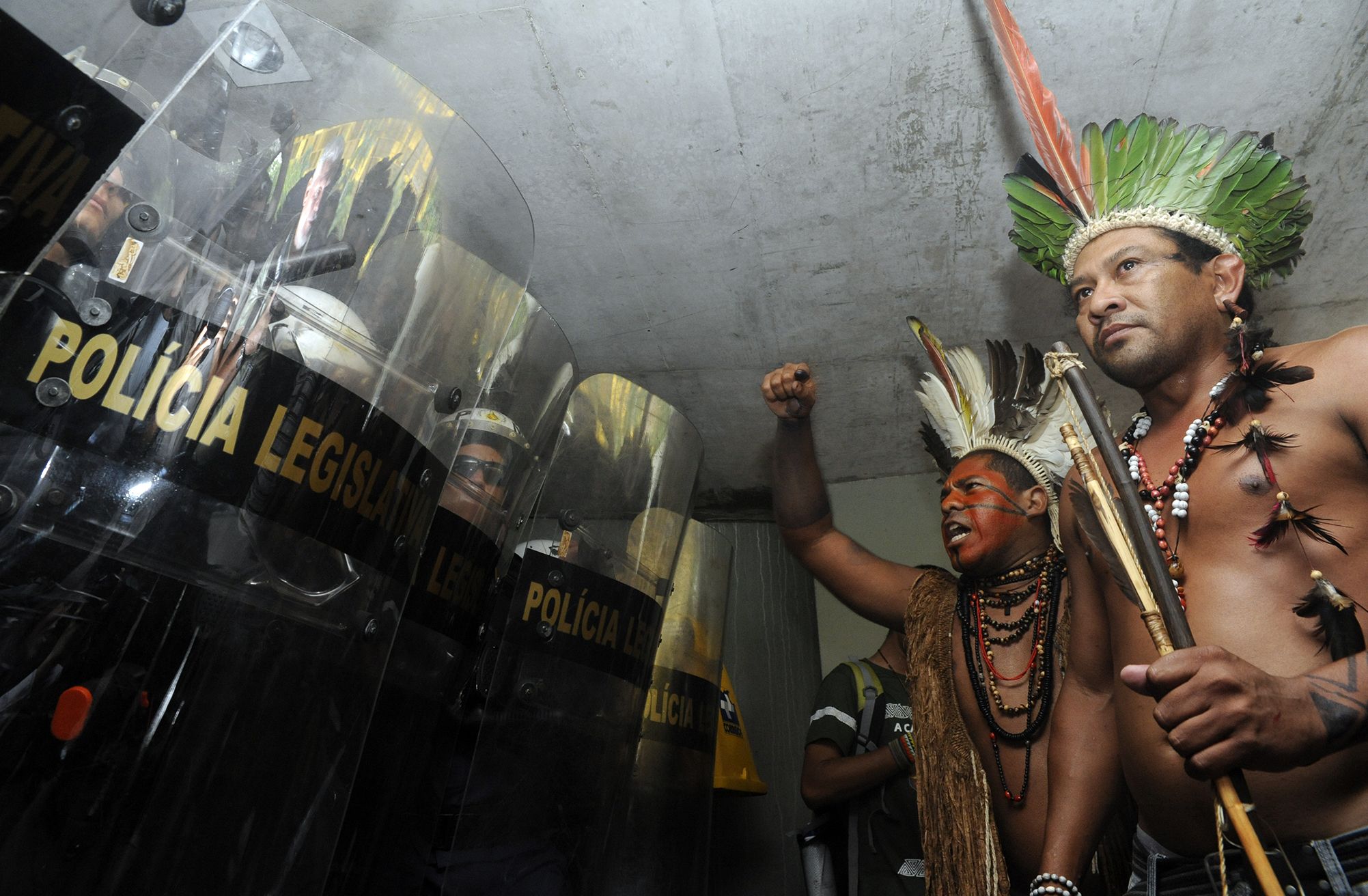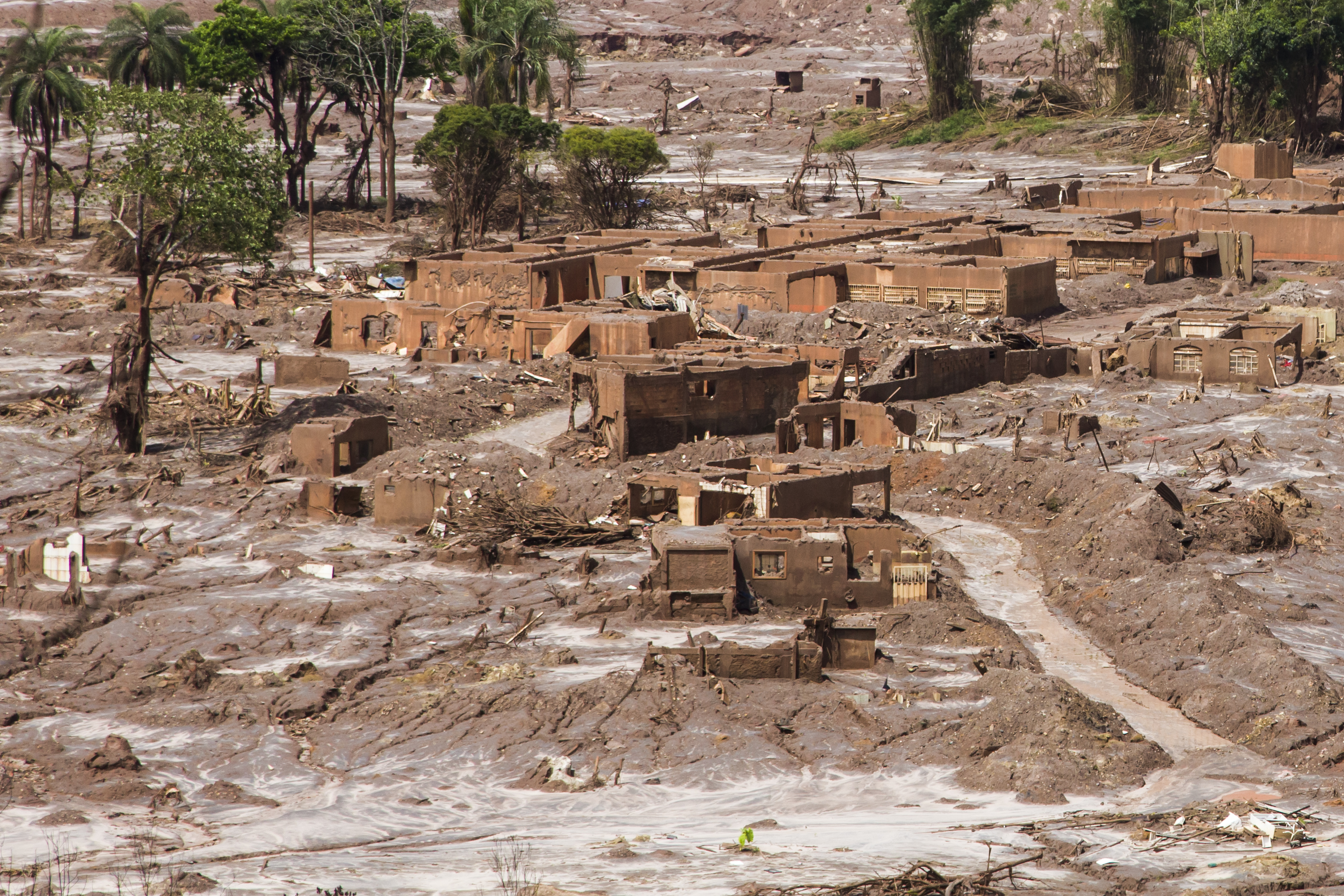05/09/2017 10:47
Heavy criticism of the illegitimate government’s attempt to dissolve the National Reserve of Copper and Associates (Renca), straddling the States of Pará and Amapá, led to a shutdown of procedures to license mining in the region. Even that decision, however, offers no protection to the area and its residents, since ongoing social and environmental attacks on the Amazon and other biomes, which began long before the 2016 coup, are far from being quelled. The commonly held heritage of water and the lands of indigenous peoples, quilombolas and other traditional peoples, as well as conservation units, have long been targeted by major corporations for whom nature is simply a commodity.

This recent case around the Renca merely illustrates a rationale that has always placed private over collective interests. President Michel Temer’s administration only backed down in this case to placate the immediate controversy, while many mega-development projects continue their march into other territories, never asking local populations what they think or even announcing their intentions to society at large. Behind this offensive lies a predatory approach to development that pre-dates the coup and is now intensifying its social and environmental attacks, while censoring public criticism. Growing violence and the criminalization of community leaders and social movements are the tragic confirmation of how Brazil’s democracy has been boxed in.
A legal offensive is also underway, to further reduce the limited scope of environmental oversight and licensing. One example was the issuance of Provisional Measure 727, in September 2016, to establish an Investment Partnerships Program (PPI) that would remove “red tape and unnecessary state interference,” in order to “generate growth for the country through new investments in infrastructure projects and the sale of state-owned companies.” As part of that same approach, the new Mining Industry Revitalization Program was an authoritarian way to amend the Minerals Code. Mining is now managed as simply a fiscal and administrative matter, with no further regard for its negative impacts. Those moves also opened the way for new bills in Congress to free up indigenous peoples’ and traditional communities’ lands for mining and other economic activities with major social and environmental impacts.

The cost of exploiting the commons is paid by vulnerable peoples. (Photo: Gabriela Korossy/Ag. Câmara)
Since long-standing violations of peoples’ rights, environmental degradation, negative impacts of commodity exports and privileges for financial capital all remained unchanged throughout the administrations of Luiz Inácio Lula da Silva and Dilma Rousseff, there is little hope they might improve today. During the 2008 global economic crisis, for example, as commodity prices plummeted, instead of a pull-back from the predatory extraction of nature, we saw a voracious drive for new territories to be exploited, to the exclusive benefit of resource-intensive industries.
The power of financial markets re-organized urban territories to fit the interests of real-estate speculators, just as it had reworked the production logic of mega-projects in agribusiness, mining, oil and gas, hydropower and other sectors. The exploitation of nature and labor has intensified, while so-called environmental and social costs have declined, for investors. The burden of those costs, however, has fallen even more brutally onto workers and vulnerable poor, blacks, indigenous and traditional peoples, favela residents, migrants, landless peasants and homeless city dwellers, none of whom have adequate access to environmental protection.
Following the coup, market-oriented policies have expanded into areas which, under pressure from organized civil society, had remained beyond their reach. The breakdown of democracy, for example, has shifted the foreign policy Brazil had built in climate change negotiating fora, pulling us away from our long-standing identification with countries in Latin America and the Global South. There is now a clear movement towards the structuring of carbon, biodiversity and ecosystem markets, with less and less social participation in political decisions that profoundly affect peoples and their territories.

The crime in Mariana (MG) was not an isolated case. (Photo: Rosilene Miliotti/FASE)
Such “green economy” proposals, like Payments for Environmental Services (PES) and Reducing Emissions from Deforestation and Degradation (REDD), rest on the hypothesis that a balance can be struck between a mega-project’s negative impacts and benefits arising from voluntary environmental compensation initiatives. In our view, those are misleading solutions that give corporations – already denounced for their environmental impacts and rights violations – the power to reduce nature to nothing but a commodity. Their utilitarian, colonialist approach totally ignores the myriad ways in which the creativity and social struggles of peasants, indigenous peoples, quilombolas and other populations have long controlled, conserved and produced biodiversity.
The breakdown of Brazil’s 30-year democratic transition, since its 1988 Constitution, has brought many setbacks. Yet through organized civil society, with all its varied agendas, more challenges are now emerging for the groups, collectives, organizations, social movements and populations who believe in environmental justice, work to defend the commons and fight for a truly sustainable environment.










